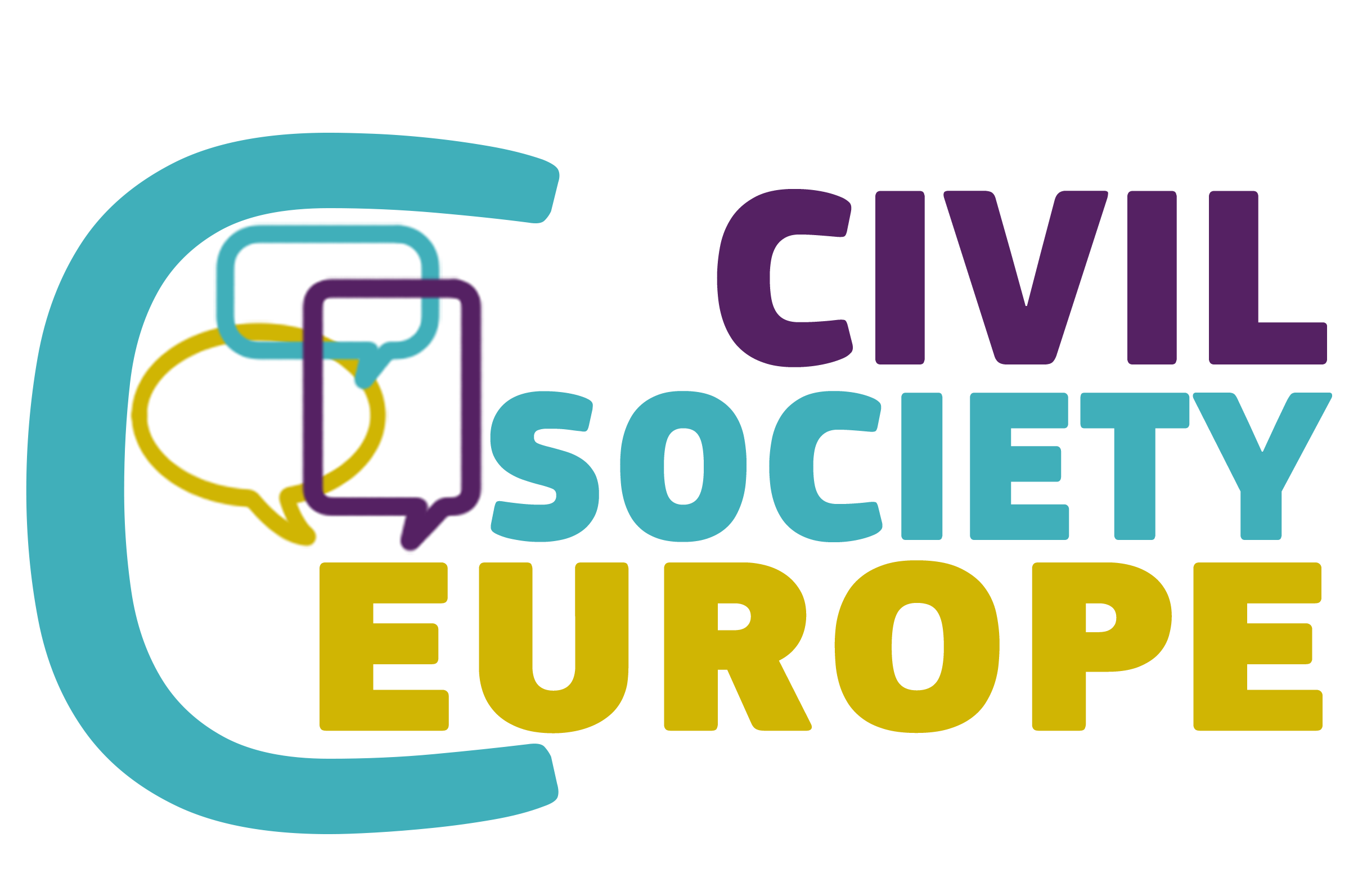Based on article 302 of the Treaties, Civil Society Europe addressed a letter the Vice President of the European Commission in charge of Interinstitutional Relations, Mr Maroš Šefčovič in order to bring forward some concerns on the proposed nominations by Member States of some members of the European Economic and Social Committee for the period 2020 – 2025, falling into the EESC Group III membership, before the European Commission submits its recommandations to the Council.
The letter addresses in particular nomination processes for representatives of civil society organisations in Croatia, in the Czech Republic, and in Poland which were carried out inconsistently with the accountability and good governance rules and have worrying implications for civic freedoms, In all those countries, the adopted procedures and voting results of the nominating bodies established by law have been disregarded in order to favour other candidates chosen by national authorities. It is legitimate to ask whether the candidates emerging from such flawed nomination processes can really be considered as ‘representative of civil society’ (TFEU Art. 300(2)) if civil society’s express wishes have been flagrantly ignored by the respective governments.
CSE notes however that other issues were also reported in other EU countries and will be the object of a specific report on good and bad practices.
CSE calls on the European Commission not to recommend to the Council the nominations from the Czech Republic, Croatia, and Poland but to demand explanations from the authorities in those countries and hear also the different parties involved in the nomination process, particularly civil society organisations, in order to fully assess the accountability and democratic integrity of the nomination procedures, and encourage member States to submit a revised list of candidates.
On a longer term, CSE also invites the European Commission to propose to the Council to adopt nomination rules that would guarantee the autonomy of all interest groups (employers, workers, and civil society organisations). We also believe that a definition of civil society organisations would be useful to prevent confusion with employers and workers representatives and ensure a truly tripartite representation.
Please read the letter with the full description of the case for each country.


